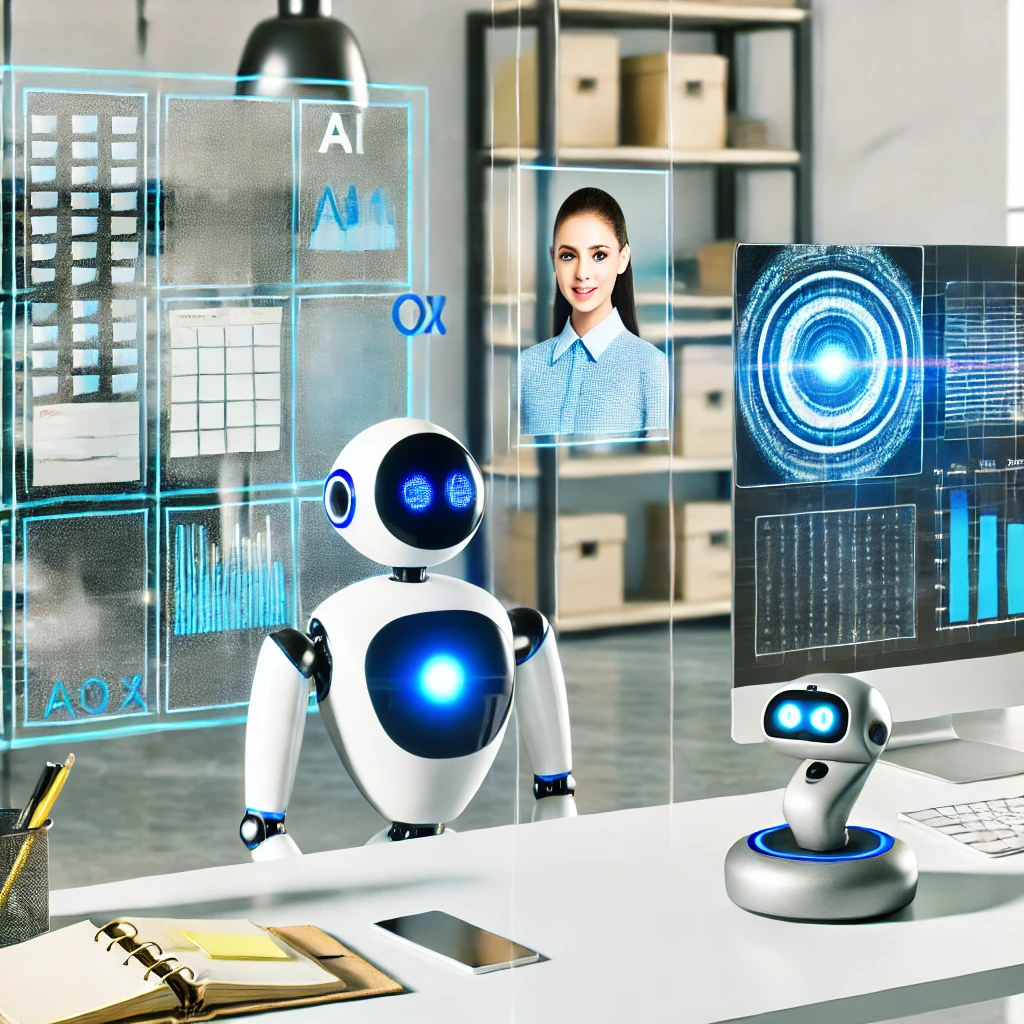The Role of Artificial Intelligence in Personal Productivity
In the modern world, productivity is more than just a buzzword; it is a vital component of personal and professional success. With the advent of technology, and more specifically, artificial intelligence (AI), the ways in which we can enhance our productivity have been revolutionized. This article explores the role of AI in personal productivity, highlighting its applications, benefits, and potential challenges.
Understanding AI and Its Impact
Artificial Intelligence, in essence, refers to the simulation of human intelligence in machines designed to think and act like humans. This technology has permeated various aspects of our lives, from smart home devices to sophisticated software that can automate complex tasks. The integration of AI in productivity tools has been particularly transformative.

Applications of AI in Personal Productivity
Task Management
AI-powered task management tools like Todoist, Trello, and Asana have changed how we organize our daily activities. These tools use machine learning algorithms to prioritize tasks, set reminders, and even suggest optimal times for task completion based on our work patterns. By automating these processes, AI helps us focus on more critical tasks, thereby increasing our efficiency.
Email Management
Managing emails is often a time-consuming task. AI solutions like Gmail’s Smart Reply and Microsoft Outlook’s Focused Inbox can sift through emails, prioritize important messages, and even suggest quick replies. This not only saves time but also ensures that important communications are not overlooked.
Scheduling and Calendar Management
AI assistants such as Google Assistant and Microsoft Cortana can handle scheduling and calendar management. They can schedule meetings, set reminders, and even find optimal times for group meetings by analyzing participants’ calendars. This automation reduces the time spent on administrative tasks, allowing for more focus on essential work.
Personal Assistants
AI personal assistants like Siri, Alexa, and Google Assistant have become commonplace. These assistants can perform a variety of tasks, from setting reminders to controlling smart home devices, providing weather updates, and even making phone calls. Their ability to understand and respond to voice commands makes them a convenient tool for managing daily tasks.
Data Analysis
For those who deal with large amounts of data, AI tools like IBM Watson and Tableau are invaluable. These tools can analyze data, identify patterns, and generate insights that would be time-consuming and challenging to discover manually. This not only speeds up the decision-making process but also enhances the quality of decisions.
Benefits of AI in Personal Productivity
Time Efficiency
One of the most significant benefits of AI is its ability to save time. By automating routine tasks, AI allows individuals to focus on more critical and creative aspects of their work. This leads to more efficient use of time and increased overall productivity.
Improved Accuracy
AI systems can perform tasks with a high degree of accuracy, reducing the likelihood of human error. This is particularly beneficial in tasks that require attention to detail, such as data entry and analysis.
Personalization
AI can learn from our behaviors and preferences to provide a personalized experience. For example, AI-powered recommendation systems can suggest articles, books, or even tasks that align with our interests and goals. This personalization enhances user engagement and satisfaction.
Challenges and Considerations
Despite the numerous benefits, there are also challenges associated with the use of AI in personal productivity. Privacy and security concerns are paramount, as AI systems often require access to personal data to function effectively. It is essential to use AI tools from reputable providers and understand their data handling practices.
Additionally, the reliance on AI can sometimes lead to over-dependence, where individuals might struggle to perform tasks manually if the AI systems fail. Therefore, it is crucial to maintain a balance and not become entirely reliant on AI for productivity.
Conclusion
Artificial Intelligence has undoubtedly revolutionized the way we approach personal productivity. From task management to data analysis, AI tools have made it possible to automate mundane tasks, allowing us to focus on more important aspects of our work and lives. While there are challenges to consider, the benefits of AI in enhancing productivity are significant and will continue to grow as the technology evolves. Embracing AI thoughtfully and responsibly can lead to a more productive and efficient future.



